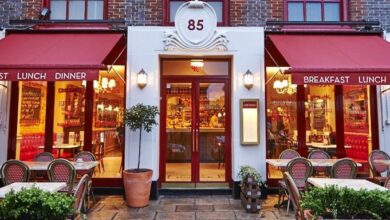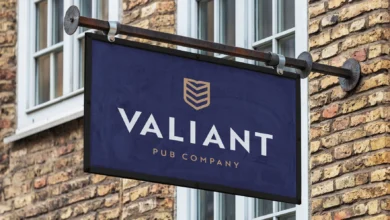The impact of location on business

According to Keystone, London is “ideal for headquarters and central offices,” and this is partially because London attracts a fair amount of executive talent, and partially because of the prestige that the city offers.







